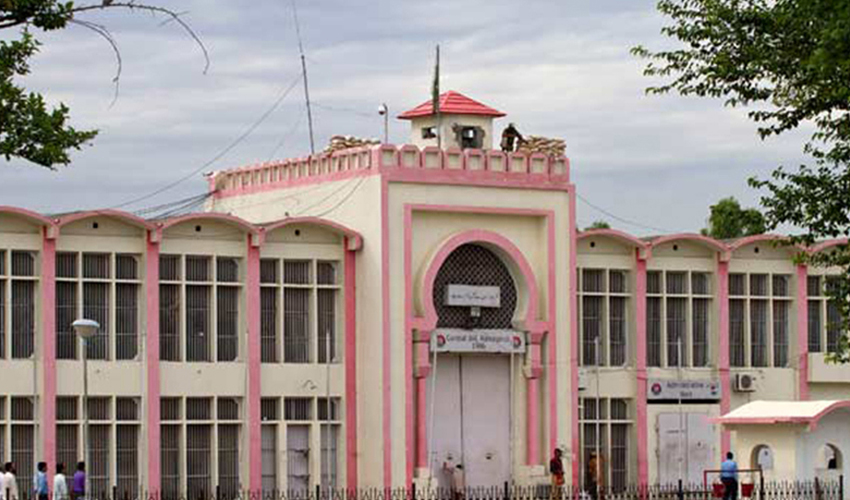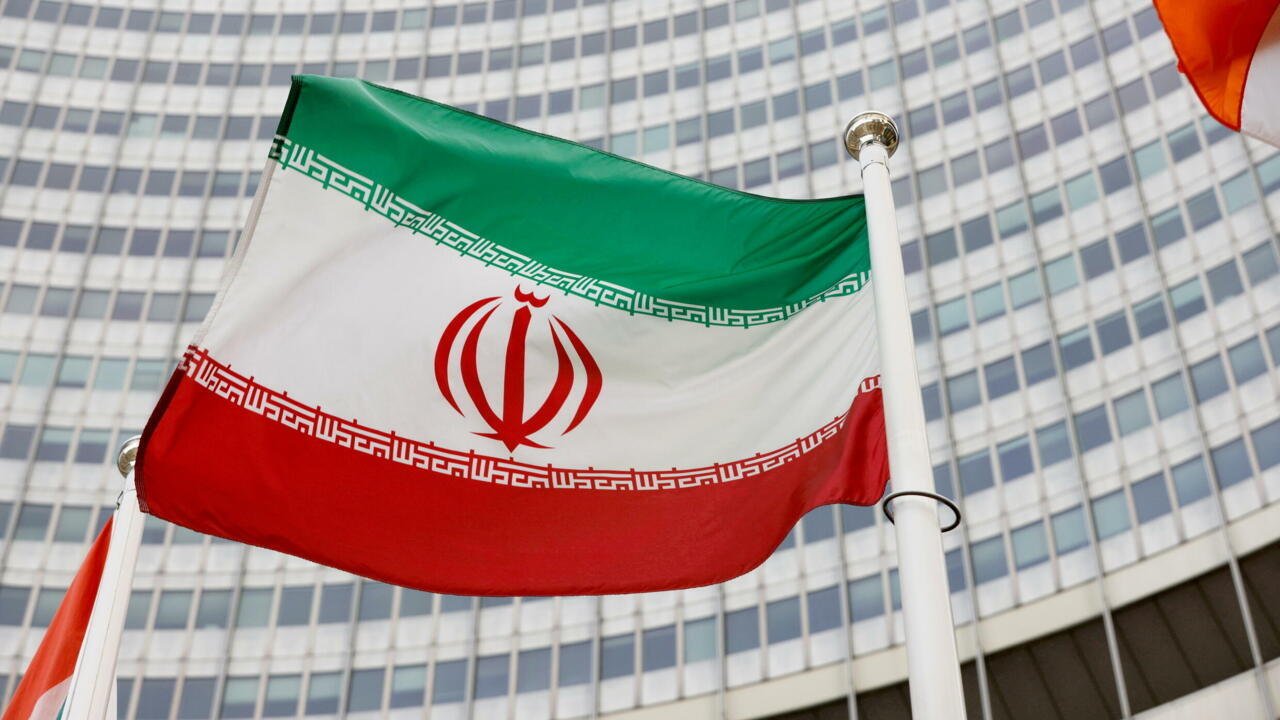Zafar Iqbal
The cost of Pakistan’s most ambitious mining venture, the Reko Diq copper and gold project, has escalated once again — this time to an astonishing $7.7 billion. The figure reflects Barrick Gold’s concerns over financing risks, price volatility, and the challenges of timely execution. What was initially pegged at $4.3bn barely two and a half years ago has ballooned by nearly 79 percent. This marks the second revision in just months, after the Economic Coordination Committee earlier cleared a $6.8bn estimate based on technical assessments. The new cost incorporates $5.8bn in capital expenditure, $2bn in additional financing needs, and a $390m sovereign-backed loan for railway connectivity.
Escalation in large-scale projects is not unprecedented, but the magnitude of the increase here is alarming. It underscores the depth of Pakistan’s economic volatility, currency fluctuations, and fiscal uncertainty. Such instability not only drives up costs but also magnifies investor caution, forcing companies like Barrick to build in buffers against shocks. The financial overhang, however, raises pressing questions: how much of this burden can Pakistan’s fragile economy absorb, and will the projected windfalls still materialize for Balochistan and the federation?
Follow Republic Policy on YouTube
The economic promise of Reko Diq is immense. With commercial operations expected by 2028, lifetime net cash flows are projected at around $70bn. For Pakistan, grappling with liquidity crises and external debt pressures, this project represents a potential lifeline. For Balochistan, it could be transformational, delivering infrastructure, jobs, and long-denied development dividends. Yet, these benefits are contingent on disciplined execution. Every dollar of cost escalation chips away at the expected net gains, and every delay risks postponing prosperity for the people of Balochistan.
The inclusion of sovereign-backed loans adds another layer of complexity. The state’s heavy assumption of fiscal risk — through financing guarantees and connectivity obligations — could erode much of the project’s cash flow if mismanaged. Instead of being a source of relief, the project could weigh down Pakistan’s balance sheet if debt servicing costs spiral. The onus lies on Islamabad and Quetta to enforce tight oversight, transparent procurement, and realistic timelines. Without discipline, the project could become another symbol of missed opportunities.
Follow Republic Policy on Facebook
For Balochistan, the stakes are especially high. The province has long felt neglected, with resource wealth extracted without commensurate returns for its people. If Reko Diq falters due to mismanagement or excessive cost burdens, the disappointment could deepen political alienation. Conversely, if it succeeds, the mine could redefine the province’s economic trajectory, establishing it as a hub of growth and reversing decades of deprivation. Ensuring that local communities benefit through jobs, royalties, and infrastructure must be central to project planning, not a secondary concern.
Follow Republic Policy on TikTok
The lessons from global mining ventures are clear: transparency, adherence to timelines, and careful fiscal management are non-negotiable. Pakistan cannot afford to let Reko Diq become another casualty of poor governance. Barrick Gold’s insistence on higher contingencies reflects a pragmatic calculation of risks in Pakistan’s uncertain environment. The government must match that pragmatism with institutional reforms that guarantee stability and predictability.
Follow Republic Policy on Instagram
Ultimately, Reko Diq is more than a mining project; it is a test of Pakistan’s capacity to manage its resources responsibly and equitably. The difference between success and failure will lie in execution. If timelines are honoured and costs stabilised, the project could bring billions into Pakistan’s coffers and uplift Balochistan. If not, the opportunity could slip away, leaving behind another cautionary tale of squandered potential.
Follow Republic Policy on WhatsApp
The stakes are clear: Reko Diq must be managed not as a short-term fiscal fix but as a long-term nation-building project. Only then can it deliver on its promise of prosperity for both Pakistan and Balochistan.
















